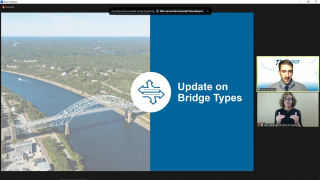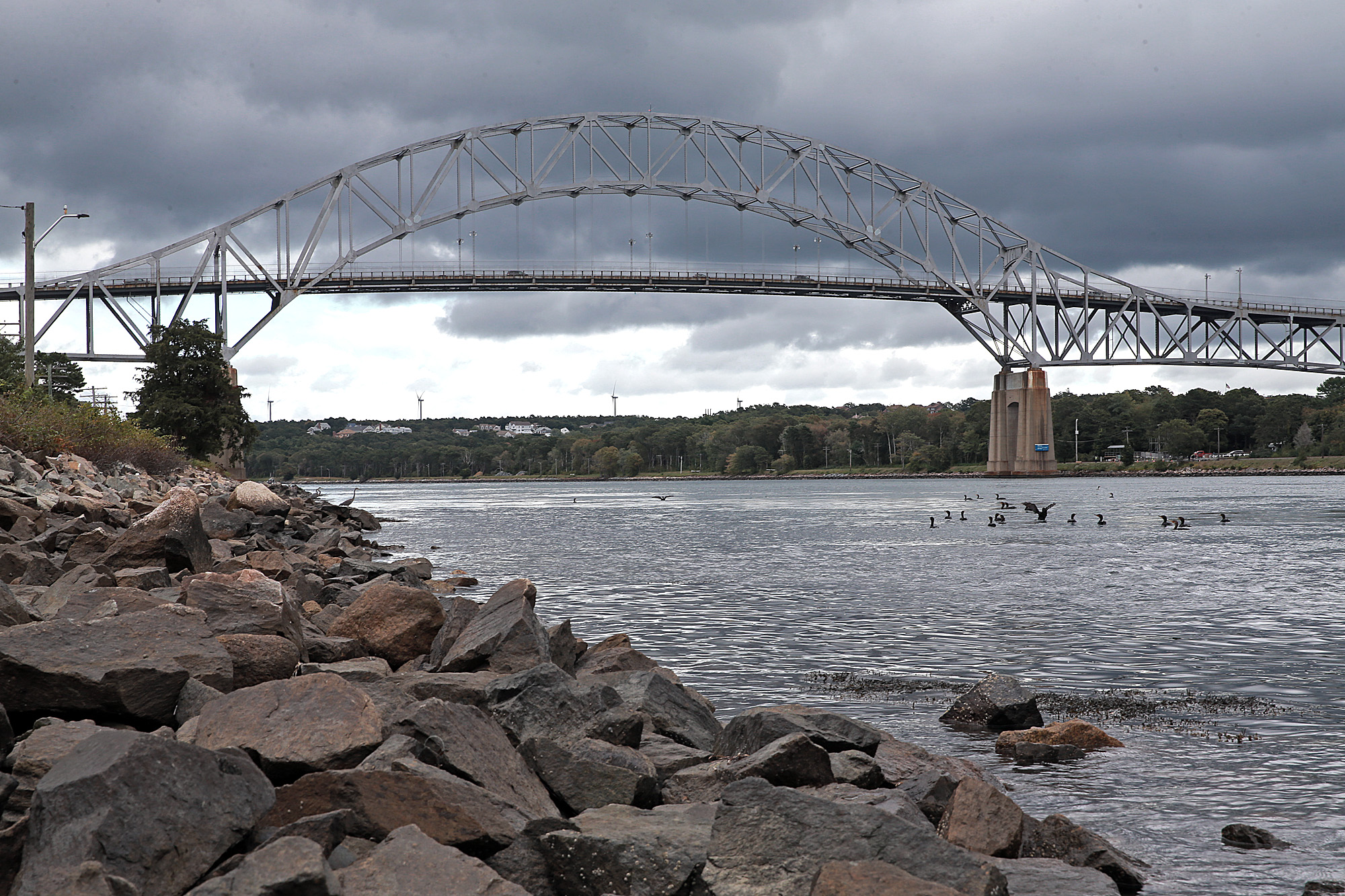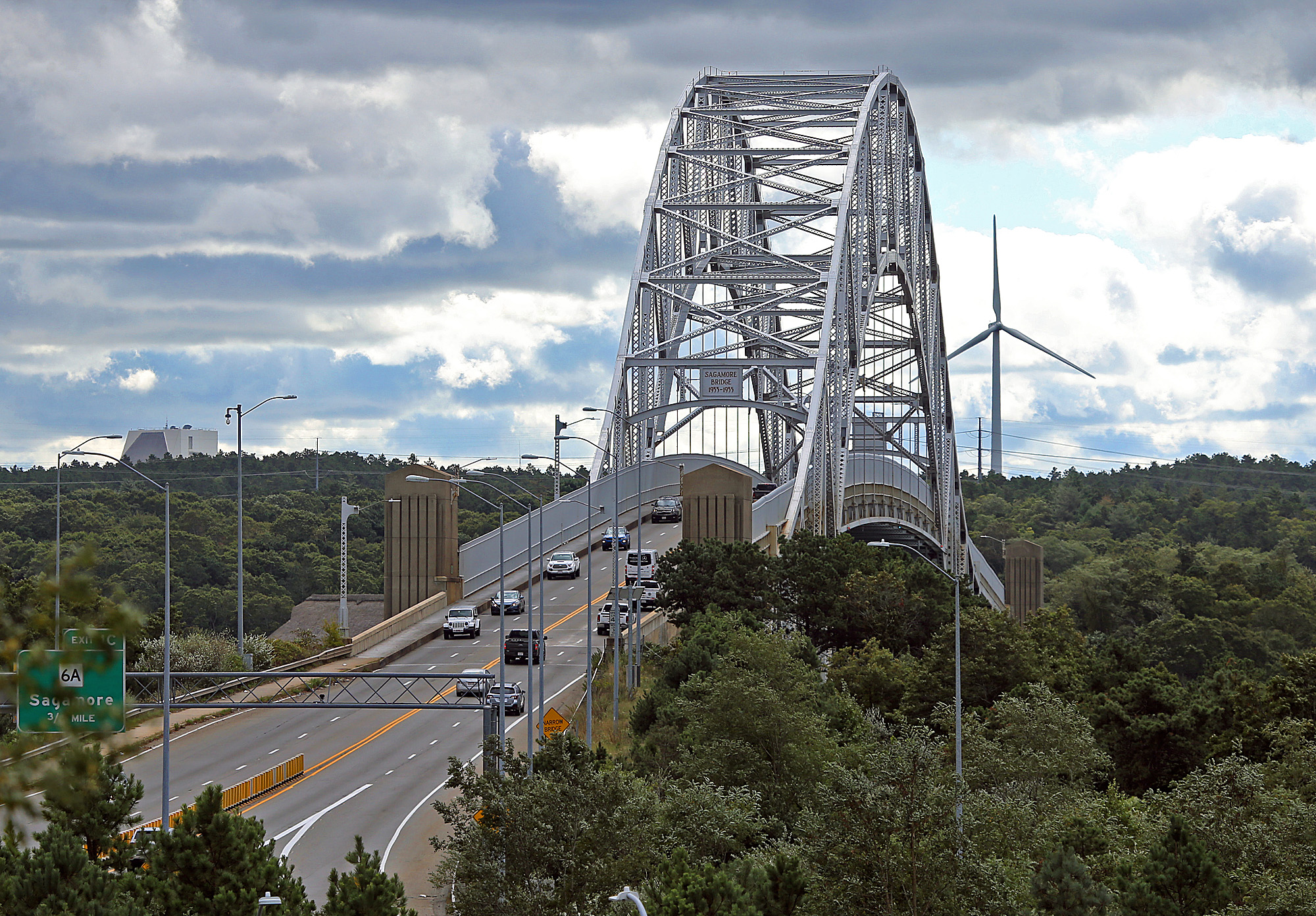
Massachusetts transportation officials have revealed what kind of bridges to Cape Cod will one day replace the ones travelers are familiar with.
The nearly 90-year-old Bourne and Sagamore bridges are due to be replaced, and the Department of Transportation on Tuesday announced that the plan is to construct similar ones.
WATCH ANYTIME FOR FREE
>Stream NBC10 Boston news for free, 24/7, wherever you are. |
Three types of bridge were under consideration: arch, cable stayed and concrete box girder. The iconic current bridges to Cape Cod are arch bridges, and that kind of design was selected, MassDOT staff member Bryan Cordeiro said at a public meeting.
The decision was made after more than 2,000 members of the public weighed in, with the vast majority preferring the arch design, and engineering analysis and historic context were considered as well, according to the project's web page.
Get updates on what's happening in Boston to your inbox. Sign up for our >News Headlines newsletter.
But the new bridges will have some differences — Cordeiro noted that MassDOT will move forward with replacing each bridge with twin spans that are next to each other, citing increased efficiency and lower cost.
Each side of the twin bridges would have two-lane traffic going in one direction, as well as a path for pedestrians and cyclists to use, according to Boston.com.
The design hasn't been finalized yet, and Cordeiro said that his agency will still be looking for public feedback on the aesthetics of the bridge, lighting, including fencing to keep pedestrians safe and more.
The Army Corps of Engineers built, operates and maintains the current bridges. A 2020 agreement calls for the Corps to retain ownership and management of the bridges while they are demolished and replaced, then transfer ownership and operation of the planned new bridges to Massachusetts.
The replacement of the bridges, expected to cost about $4 billion, missed out on a major boost of national infrastructure money after the federal government denied an application for $1.88 billion this month.



